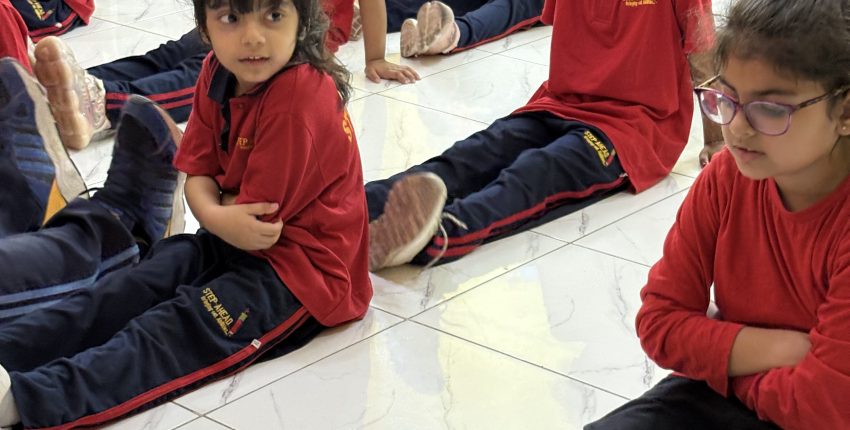DIR/Floortime is a play-based, relationship-focused therapeutic approach that supports the emotional, social, and cognitive development of children, especially those with autism spectrum disorder (ASD) and other developmental challenges. Developed by Dr. Stanley Greenspan and Dr. Serena Wieder, the model emphasizes meeting a child at their developmental level and building on their strengths through meaningful, interactive experiences.
DIR stands for:
-
Developmental – understanding where a child is in their emotional and functional development (e.g., regulation, engagement, communication).
-
Individual differences – recognizing each child’s unique sensory processing, motor, and cognitive profiles.
-
Relationship-based – using emotional relationships with caregivers and therapists as the foundation for learning and growth.
Floortime, the core technique of the DIR model, involves joining the child in their preferred activities—often literally getting down on the floor—and using those moments to encourage interaction, communication, and thinking. Rather than directing the child, adults follow their lead while gently challenging them to engage in deeper and more complex interactions.
DIR/Floortime is often used at home, in therapy, or school settings, and actively involves parents and caregivers. It promotes emotional connection, flexible thinking, and developmental progress in a nurturing, respectful, and personalized way—helping children grow through the power of relationships and play.









